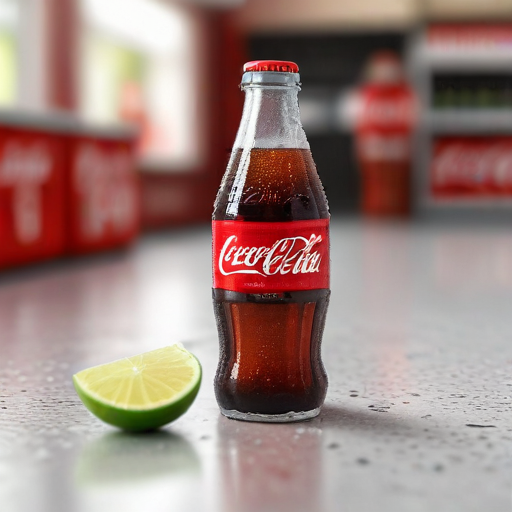Consumers in the U.S. are gradually shifting their preferences away from sodas, influenced by the rising popularity of weight loss medications and non-alcoholic options. Despite this trend, Coca-Cola has reported impressive earnings for the second quarter, attributed to strong global demand for its beverage lineup, prompting the company to increase its full-year revenue forecast.
James Quincey, the CEO of Coca-Cola, expressed optimism about the company’s performance, highlighting solid growth in both revenue and operating income amidst a dynamic market. However, not all news was positive; Coca-Cola saw a 1% decline in volume sales in North America during the quarter, largely due to decreased consumption in away-from-home venues such as restaurants and cafes. This downturn affected a range of their offerings, including water, sports drinks, tea, and soda.
Nevertheless, the decline was mitigated by strong sales from Fairlife milk and Coca-Cola’s flagship soda, which ranked first and second in retail sales growth respectively. To combat decreasing soda consumption, Coca-Cola is collaborating with food chains like McDonald’s, aiming to integrate its sodas into combo meal deals to attract more consumers.
Coca-Cola’s second-quarter revenue reached $12.4 billion, exceeding Wall Street estimates, which had projected revenues around $11.76 billion. The company is now anticipating organic revenue growth of 9% to 10%, an increase from previous estimations.
Similarly, Pepsi is facing challenges in the U.S. market as consumers increasingly prioritize healthier choices, with young adults reportedly reducing alcohol consumption, according to a Gallup poll. In early July, Pepsi cited multiple recalls as a reason for its lackluster second-quarter performance.
Overall, while the soda industry grapples with changing consumer habits, Coca-Cola’s ability to adapt and innovate allows it to maintain a strong foothold in a competitive landscape. This resilience reflects a broader trend in the beverage industry, where companies must continue evolving to meet the health-conscious preferences of today’s consumers.
In summary, Coca-Cola has navigated the challenges of a shifting market well, exemplifying how adaptability and strategic partnerships can bolster performance even in tough times.
